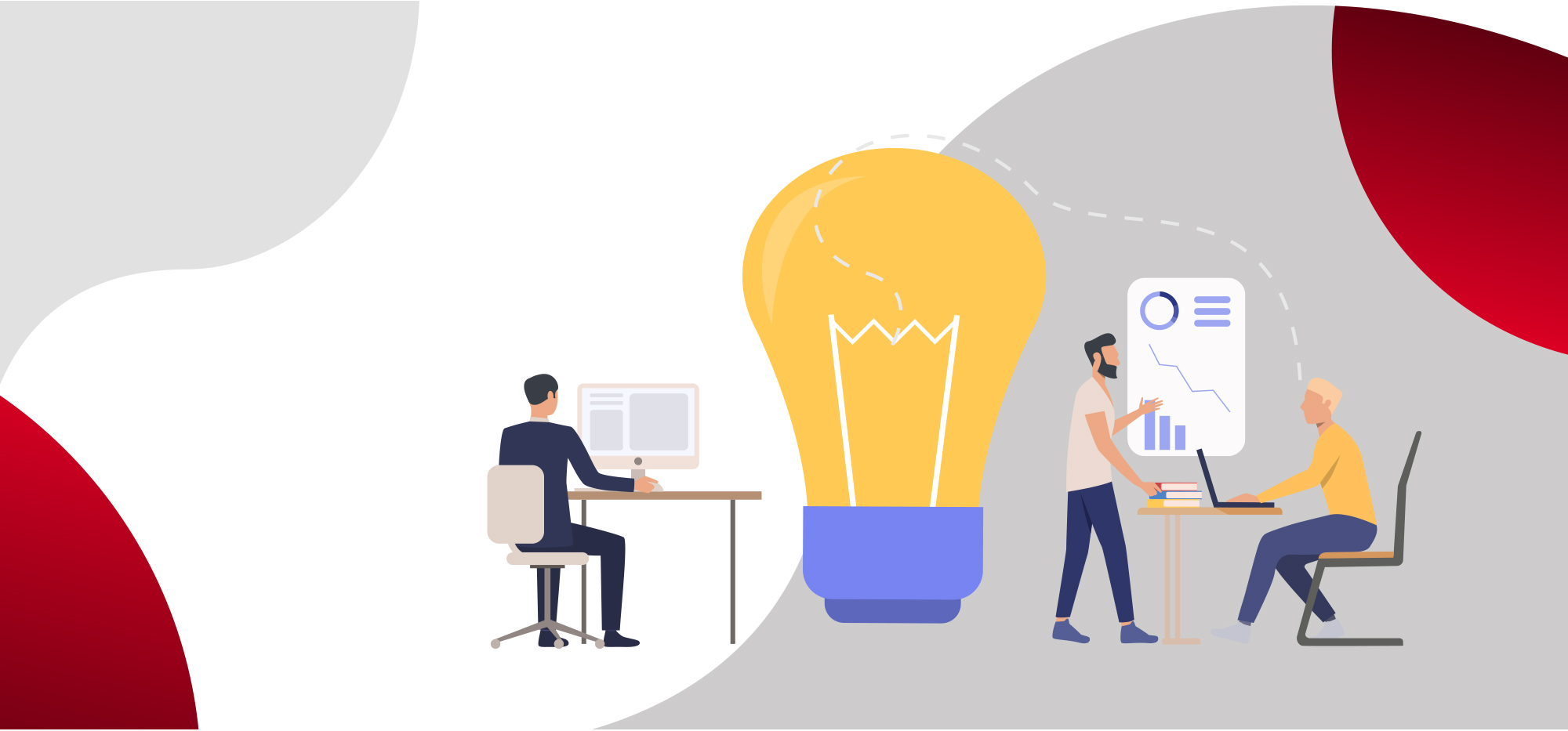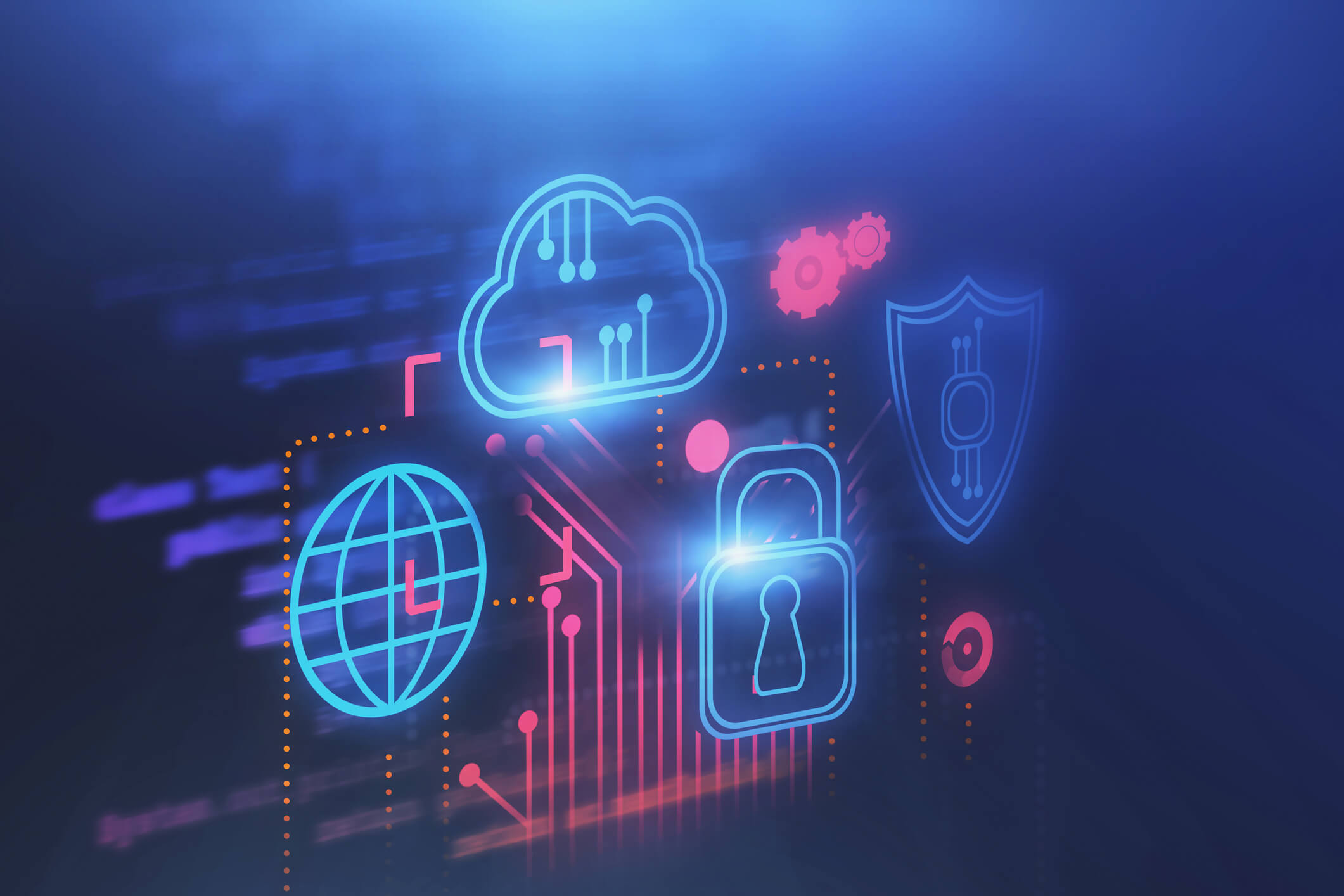The COVID-19 pandemic has accelerated the adoption of technology exponentially. For example, interpersonal interactions can now be built virtually thanks to technological advancements in the digital communication field. As a result, all companies can benefit from the convenience of maintaining client interactions through digital channels.
This has created opportunities for information technology solution providers to meet the needs of companies when it comes to interacting with customers, as digital communication requires not only a good connection, but also a well-designed platform.
In addition to networks and apps, the issue of customer data security is also extremely important to bear in mind when undertaking digital transformation. This is particularly pertinent considering that it was recently made public that data leaks occurred at a government agency, as well as at private organizations in Indonesia.
It is, therefore, unsurprising that many people are concerned about data security, in terms of both corporate and private data. For example, with companies that use chatbots, users are often concerned about whether their messages are safe from data leakages and their confidentiality guaranteed. Moreover, modern-day digital companies handle large amounts of sensitive information entrusted to companies by individuals. The amount of data available in digital form makes it easier to analyze, but also makes it vulnerable to security breaches.
In addition to causing losses that impact the company’s branding and image, a data leak can also result in a drop in customer trust, in turn decreasing the company’s profits. Several common security gaps include data access and insights, data security breaches, use of data, and data privacy and protection.
Based on data from Check Point institution, Software Technologies Inc., Indonesia is currently the third most targeted country by digital security threats, after the United States and India. According to a Fire Eye data report, the financial industry is the sector most vulnerable to digital security threats.
Therefore, companies must maintain consumer confidence in their products or services by guaranteeing digital data security, for example by placing company applications on available cloud services.
Of course, the cloud service must be able to meet the company’s needs in terms of reliability, scalability, availability and, of course, security. For example, Telkomtelstra’s cloud service has several advantages.
First, it is safe and reliable, as it is registered with the Communication and Informatics Ministry as a cloud provider, meets the requirements of the government regulation (PP 82) on data residency, and is ISO-certified.
Second, its reliable infrastructure, as it is supported by two Azure Stack Data Centers in Indonesia with full capacity, and has a world-class hosted data center with a Tier 4 design and Tier 3 operations.
Third, its comprehensive resources, as the governance is designed using an ITIL (Information Technology Infrastructure Library) framework, professional internationally-certified technicians, and full support from Microsoft.
Fourth, its wide-ranging services, as it is installed with the latest version of the Azure Stack system, has a hybrid environment in public and private clouds, is available in Infrastructure as a Service (IaaS) and Platform as a Service (PaaS), and employs a combination of solutions with SD-WAN and cloud security.
Fifth, Telkomtelstra is experienced in providing hybrid cloud services in Indonesia, and internally, building application solutions on top of Azure Stack. Telkomtelstra itself currently has Azure Stack data centers in three strategic locations, including Serpong in Banten, Sentul in Bogor, and Surabaya in East Java.
Gartner predicted in a 2018 study that by 2022 the number of enterprises that have shifted to the cloud will have increased to 20% (up from 19% in 2018). The cloud is no longer simply an information technology strategy, but rather a business strategy with direct impacts on business continuity. Switching to the cloud is one means of keeping business operations running 24/7, as the workload on the customer’s company server will be transferred to the cloud, which operates around the clock and is equipped with integrated security and monitoring.
Due to the shared workload, customers are able to access applications extremely quickly. Telkomtelstra will help manage operations at the infrastructural level in order that the company’s IT team can focus on developing their products.
Telkomtelstra presents a Managed Cloud Solution, supported by Microsoft Azure Stack with one azure ecosystem, making it easier to adapt as everything is contained within the same ecosystem.
Then there is Hybrid Cloud, which is an open and flexible Azure Stack based cloud service. This allows customers to build, deploy, and manage applications in local (Indonesian) data centers, while staying connected to global cloud data centers. Hybrid Cloud Azure will integrate Azure Stack and the Azure public cloud and easily synchronize onshore and offshore data, as they exist within the same ecosystem. One potential use of the Hybrid Cloud is to build business intelligence with data security and classification, for example.
At Telkomtelstra, Azure Stack services have collaborated on several platforms, including Qiscus, which is a multichannel chat platform for customer engagement. There is also a specialized dashboard portal for customers and structured query language (SQL) that has been compiled in accordance with Government Regulation No. 82/2012 on data residency in Indonesia. Azure Public services are also conditioned with a VM Power BI Gateway to enable the maintenance of a hybrid solution. The Azure Service Bus and Azure Power BI Service can provide powerful business analytics and a multichannel chat function to engage with customers.
Telkomtelstra Azure Stack has several features, including an Azure Portal that can be accessed 24/7, an Azure Resource Manager, Identity Management with Active Directory Federation Services (AD FS), and Role Based Access Control (RBAC), which are part of Telkomtelstra’s security features.
In addition, Azure Stack also provides other services that can assist customers in maximizing business processes, including in the controlling of Information Management which includes Azure Storage services, Azure Data Factory, Azure Data Catalog, Azure Event Hub. Meanwhile, to manage Big Data Store, Azure Stack provides Azure Data Lake and Azure SQL Data Warehouse services. In managing Machine Learning and Analytics, there are Azure Machine Learning, Azure HDInsight, and Azure Stream Analytics services. Not only that, Azure Stack also provides services for Dashboard & Visualization.

There are several benefits to using Azure Stack. First, you get the same technology as a public cloud, which is more flexible and fully supported by the abilities of cloud providers who continually update to the latest version.
Second, users are one step closer to building a hybrid cloud environment, combining the confidence of having a private cloud with the flexibility of a public cloud using Azure technology.
Third, Azure Stack supports organizations in using the right tools to drive innovation in developing new business models, while reducing costs and inefficient processes, and driving increased revenue.
Azure Stacks itself has several offerings: fully managed, self managed–commited, and self managed–PaYG (Pay as You Go). For pay as you go, clients are limited based on usage quotas and billing is based on usage. On top of this, there is a monthly payment period. As a cloud service provider in Indonesia, Telkomtelstra, a joint venture between PT Telkom Indonesia and Telstra Australia, uses the Microsoft platform to provide a local cloud service that is located in Indonesia and can meet all the needs of a company, including reliability, scalability, and availability, as well as, of course, security.


